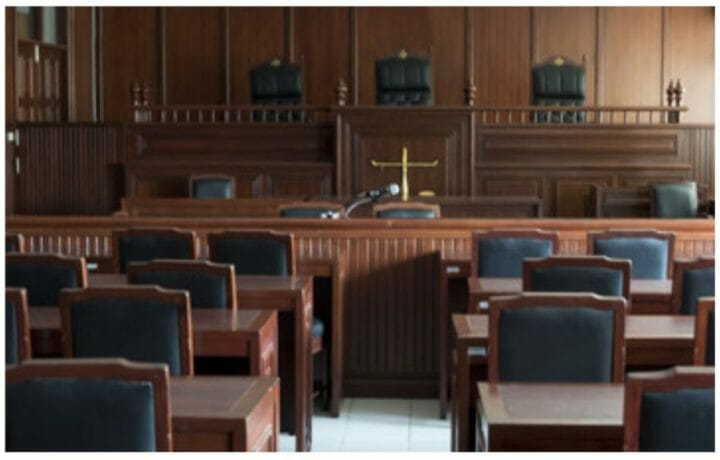After making a phone call and posting bail if required, the first instinct of many people arrested for a criminal offense is to retain legal counsel.
That’s a smart move, but security clearance holders have a second legal proceeding to consider: the fight to retain their security clearance, which may be jeopardized by the arrest. In such cases, I urge cleared criminal defendants to hire not just a criminal defense attorney, but also a security clearance attorney.
Here are a few examples why.
Coordination of Legal Strategy
A security clearance attorney and criminal defense attorney can coordinate to ensure that the clearance holder’s required self-report to security doesn’t inadvertently jeopardize a legal right or defense in the criminal case.
For example, the best defense in a criminal case may be (and often is) for the defendant to say nothing. But security officials at work may press for a detailed narrative of events and answers to specific questions. Failure to comply could mean a suspension or revocation of security clearance and resultant loss of income; yet there is a risk of information provided to security officials finding its way to prosecutors.
There are sometimes ways to mitigate these risks, but they require skill, a coordinated legal strategy, and speed. Indeed, most federal agency policies require clearance holders who are arrested to self-report the arrest at the first available opportunity (i.e., if not from jail, immediately upon release). That first report usually requires only the bare-bones facts that an arrest occurred and the charges. Any editorializing or narrative is normally best done, if at all, in consultation with counsel.
Serving as an Expert Witness
Similarly, security clearance attorneys are sometimes called upon by criminal defense counsel to evaluate the facts and circumstances of an arrest and the likely impact on the defendant’s security clearance. If the prosecutor is on the fence about charging a case, demonstrating that the career ramifications for the defendant far outweigh the relative merit of the criminal case may help convince the prosecution not to file charges in the first place. The clearance holder will still have to self-report any arrest to security, but the declination of charges can be helpful in convincing the government that a security clearance revocation isn’t worth pursuing either. Note, however, that security officials can still opt to pursue a case if they choose. Different standards of proof apply in a security clearance case than in a criminal case, so a non-charging decision is not, standing alone, a guarantee that no security clearance revocation will be pursued. Does it help though? Of course.
Understand the Clearance and Career Implications of a Plea Agreement
Finally, if prosecutors do opt to pursue charges, a security clearance attorney can advise criminal defense counsel on how certain plea terms or even the pleaded-to charge itself can impact the clearance holder’s livelihood. For example, a longer term of probation may, in the abstract, sound more desirable than a fine and community service for some defendants. But security officials generally like finality and dislike unresolved issues like probation. The theory goes, “if the court still can’t trust you, why should we?” That may not be a usual consideration for criminal defense counsel, so having both perspectives on the legal team is helpful.
Ultimately, the best defense to security clearance revocation is to not be arrested in the first place. But, if that ship has sailed, making smart moves in the immediate aftermath can sometimes make all the difference.
This article is intended as general information only and should not be construed as legal advice. Although the information is believed to be accurate as of the publication date, no guarantee or warranty is offered or implied. Laws and government policies are subject to change, and the information provided herein may not provide a complete or current analysis of the topic or other pertinent considerations. Consult an attorney regarding your specific situation.




